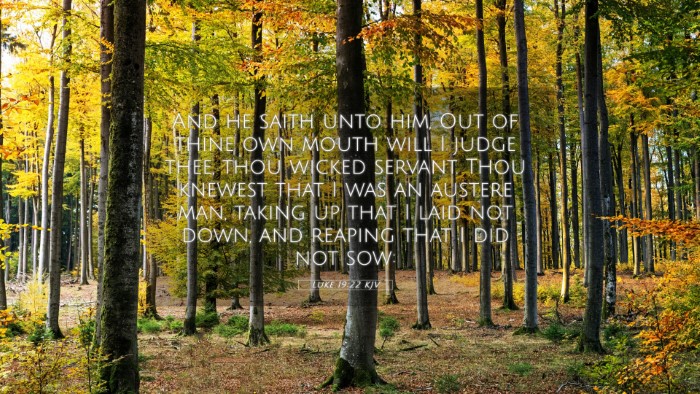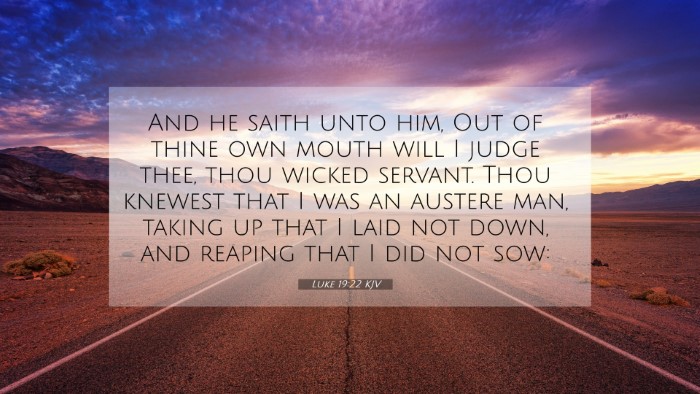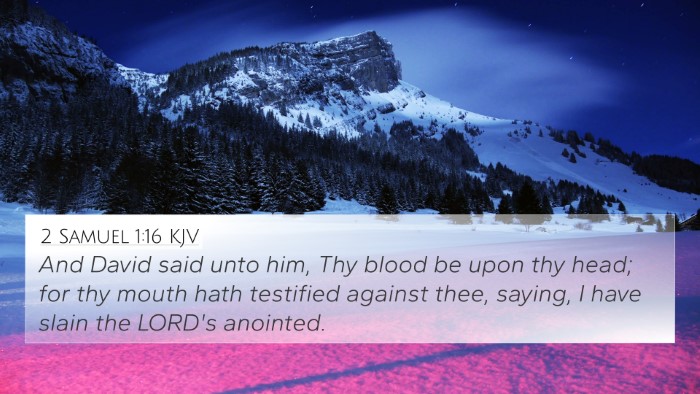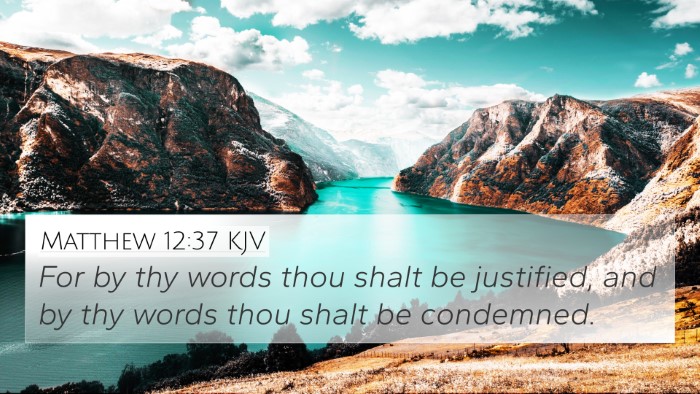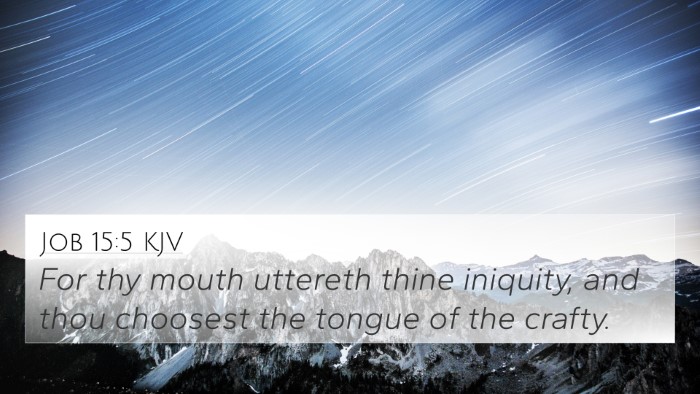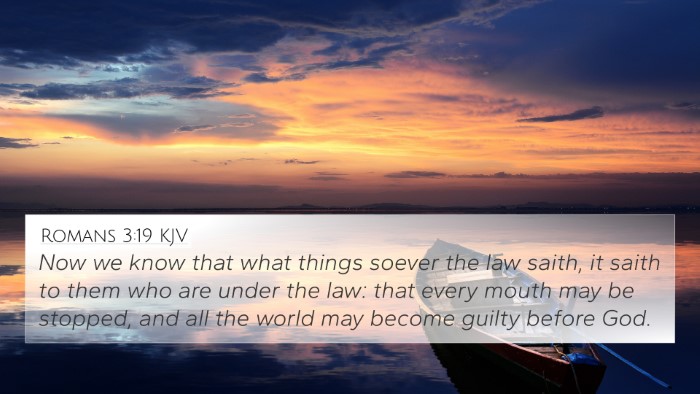Understanding Luke 19:22
Verse: "And he said unto him, Out of thine own mouth will I judge thee, thou wicked servant. Thou knewest that I was an austere man, taking up that I laid not down, and reaping that I did not sow."
Overview of the Verse
In Luke 19:22, Jesus delivers a stern reprimand to a servant who has failed to wisely manage the resources entrusted to him. This rebuke serves to illustrate important principles about responsibility, judgment, and the expectations of God towards His followers.
Commentary Insights
Matthew Henry: Henry emphasizes that the master’s words reveal the inherent knowledge the servant had about his master's character. The servant's inaction is criticized as a direct contradiction to his knowledge. Henry highlights the concept that the unproductive servant is condemned not solely for his lack of action but for failing to utilize his understanding of his master's expectations.
Albert Barnes: Barnes interprets this verse to illustrate a key theological principle — accountability. The servant is portrayed as knowingly disobedient; he had a clear awareness of his master’s demanding nature, and yet he chose negligence, resulting in judgment. Barnes presents this verse as a call to personal responsibility in fulfilling God's commands.
Adam Clarke: Clarke elaborates on the significance of this judgment coming from the servant's own admission. He points out that the master’s rebuttal highlights a deeper truth: the expectation that knowledge should lead to action. Clarke aligns this verse with the theme of divine justice — God holds people accountable for what they know, thus establishing a foundation for moral responsibility.
Thematic Connections
This verse not only serves as a standalone teaching but connects to various Biblical themes and principles. Here are some relevant Bible verse cross-references that elucidate similar teachings:
- Matthew 25:14-30 - The Parable of the Talents, which emphasizes stewardship and accountability.
- James 4:17 - "Therefore, to him that knoweth to do good, and doeth it not, to him it is sin," highlighting the responsibility that comes with knowledge.
- 1 Corinthians 4:2 - "Moreover, it is required in stewards, that a man be found faithful," reinforcing the importance of fidelity in managing what God has entrusted to us.
- Luke 12:48 - "For unto whomsoever much is given, of him shall be much required," which further emphasizes the theme of accountability.
- Galatians 6:5 - "For every man shall bear his own burden," tying in the personal responsibility of each individual before God.
- Romans 14:12 - "So then every one of us shall give account of himself to God," highlighting individual responsibility in the face of divine judgment.
- Matthew 10:15 - "It shall be more tolerable for the land of Sodom and Gomorrah in the day of judgment, than for that city," underscoring the concept of judgment based on knowledge and rejection.
Connecting Themes and Applying Lessons
These Bible verses that relate to each other echo a collective message: God's expectation for His people is to act faithfully with the knowledge and resources they are given. The lessons drawn from Luke 19:22 epitomize the seriousness with which God views our actions and decisions.
In examining these connections, one may use various tools for Bible cross-referencing. This can include a Bible concordance, a cross-reference Bible study guide, or comprehensive materials that assist in linking passages effectively. By exploring these connections, we see a rich theological fabric that comprises not just a singular scripture but a broader Biblical narrative that discusses responsibility, accountability, and the nature of God's dealings with humanity.
Conclusion
The study of Luke 19:22 can deepen our understanding of divine judgment and the importance of our response to God's assignments. By employing Bible reference resources and engaging in cross-referencing Bible study methods, we engage in a richer dialogue with scriptural texts, allowing us to deepen our faith and improve our understanding of God's expectations in our lives.

